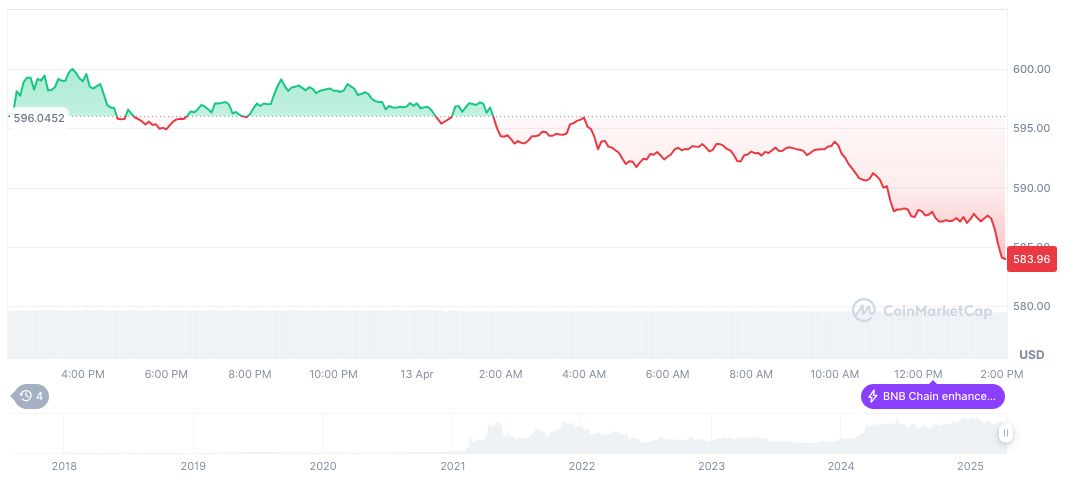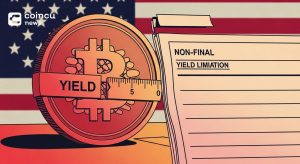- Main event involves Changpeng Zhao disputing WSJ’s allegations of collusion.
- CZ accuses the WSJ of conducting a smear campaign against him.
- Market impact expected on BNB due to controversy.
Changpeng Zhao, former CEO of Binance, has publicly countered allegations by the Wall Street Journal about his involvement with a plea deal and testimony against Tron founder Justin Sun. This situation brings attention to regulatory challenges faced by major cryptocurrency figures.
Changpeng Zhao criticized the WSJ report, calling it an attempt to damage his reputation. He implied that financial incentives might be guiding certain WSJ employees to release false news against him. Justin Sun also denied the allegations, asserting that the claims are divisive.
Zhao and Sun Dismiss Allegations Amid Market Jitters
“WSJ is really trying hard to smear me,” said Zhao. “They seem to have forgotten who went to jail and who didn’t.”
These claims may have ripple effects on the market sentiment surrounding Binance Coin (BNB), possibly causing volatility. Market experts suggest heightened scrutiny of Binance-related protocols, given the regulatory focus on Binance and its former CEO.
Industry reactions vary, with some viewing the allegations as regulatory overreach, while others support increased transparency in the cryptocurrency sphere. Zhao’s statement underscores his ongoing discontent with these claims.
BNB Market Analysis Amid Increased Regulatory Pressure
Did you know? Changpeng Zhao’s criticism of media publications continues a history of crypto industry leaders highlighting perceived biases and misinformation attacks against their public personas.
BNB’s current market metrics, as detailed by CoinMarketCap, reveal a price of $582.12 and a market cap of $82.93 billion, indicating a trading volume of $1.31 billion. Recent price fluctuations show a 2.68% decline in the past 24 hours but a 4.97% increase over the last week.

The Coincu research team anticipates increased regulatory pressure on major crypto exchanges, which may influence market dynamics. Historical scrutiny over Anti-Money Laundering compliance suggests that further attempts to tighten regulations could impact market liquidity.























